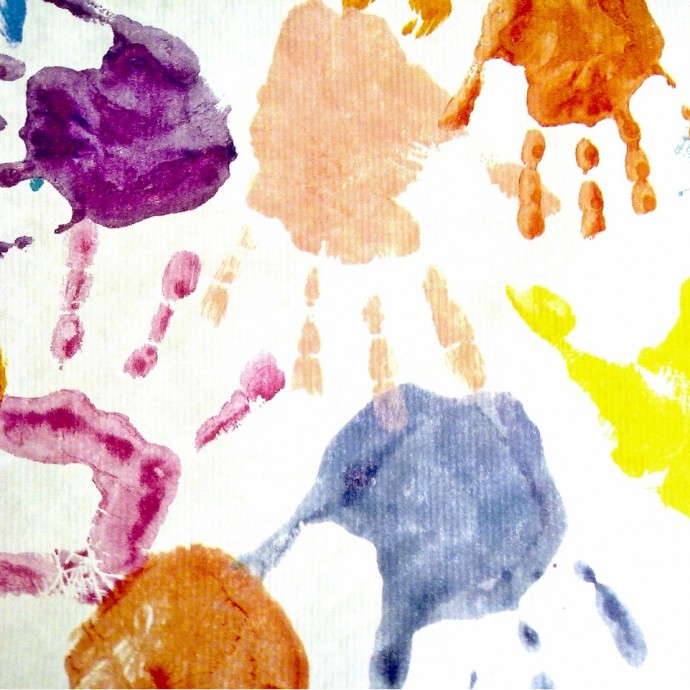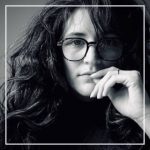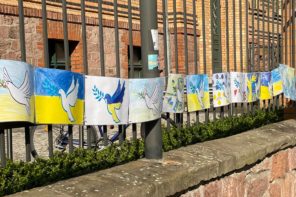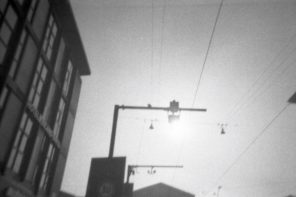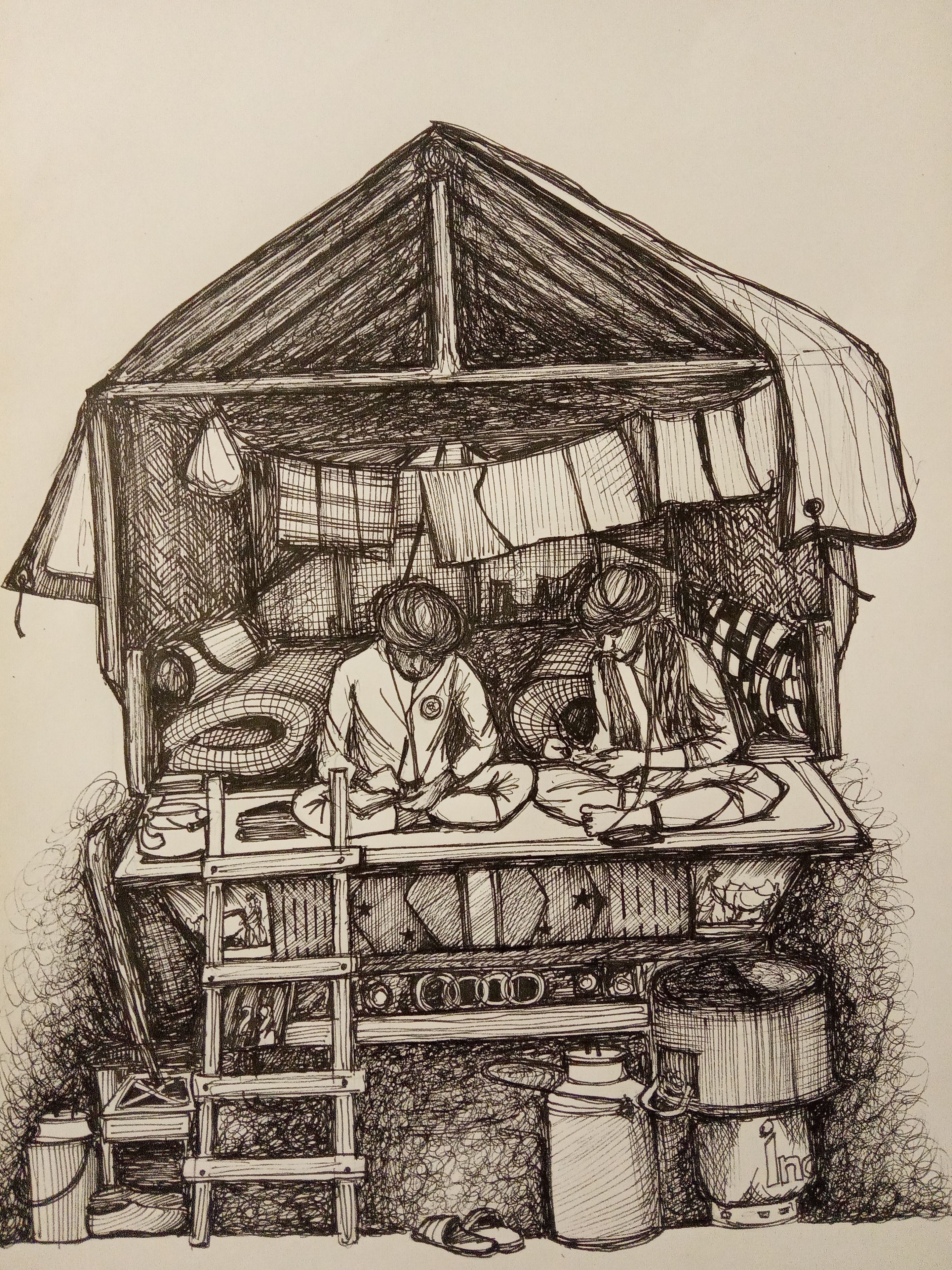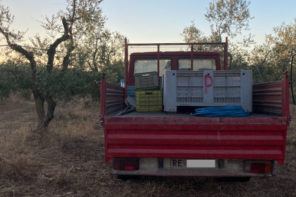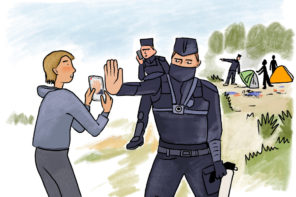With students sprawled out on the lawn, a passer-by stopped to listen to the workshop as we sat in a circle under the sun and a participant or two stepped to the side to smoke, still engaged in the conversation about Walter Benjamin. There was fluidity, an encouragement to listen to oneself and take breaks when needed, and to contribute critical thoughts when desired. At the LOVA (Netherlands Association for Gender Studies and Feminist Anthropology) summer school the network is challenging traditional hierarchal ways of holding lectures and seminars and experimenting with new ways to approach engaged learning.
Holding its 4th summer school ‘Art in Anthropology’: Ethnographies on the move of people in Queer, Gender and Feminist Studies the rebellious LOVA coordinators welcomed 17 students from 13 different countries, as we took to an open canvas (whiteboard) to introduce ourselves with sketches. Drawn were ‘tits’, lips and eyes, linguistically symbolic doodles, moving vehicles to represent mobility, narratives of academic journeys, cultural backgrounds, and an array of complex interests, passions, and future desires. Uncertain, I drew a large bush representing my hair and a heart in the middle of a squiggly body, narrating my pursuit to research from a space of both mind and body. For the present anthropologists, artists, researchers, journalists, photographers, this was a space to explore the intrinsic motivation of addressing our research from a holistic approach.
Headed with a ‘learning by doing’ attitude, the students were encouraged to interact through creating and exploring how to extend ourselves and research through and with art. It stretched the days to include a list of curated topics in various areas: from Senegalese erotic underwear, (feminist) pornography, to the narratives of numerous conflict areas and research exploring migration and politics of home. As we balanced out time between crucial snacking and lunches, we experimented with filmmaking in Linda Paganelli’s workshop that was used as a space to manifest empathy, to create, to discuss, and to communicate our understandings of human experience to those in various times and spaces. Through presentations of documentaries and films inspired by fieldwork, narratives, and experiences questions arose about aesthetics and how we as researchers interact with photography, film shots, and various other modes of documentation.
How is aesthetics used in research when art and film assist in providing a platform for voices? More crucially, what are our own cultural biases in relation to ‘aesthetically beautiful’ shots, images that are notably subjective, and presented as representations of research and works?
It is not only important to explore the aesthetics of art and film but the logistics of its mode within anthropological research. An opening presentation by anthropologist Marina de Regt on migratory narratives in Yemen provided an opportunity to discuss long term implications for informants who evolve in their careers, paths, and positions in society. Thus how do researchers keep an open dialogue to accommodate for such changes when documentary film finalises a life narrative or the stories in the name of deadlines?
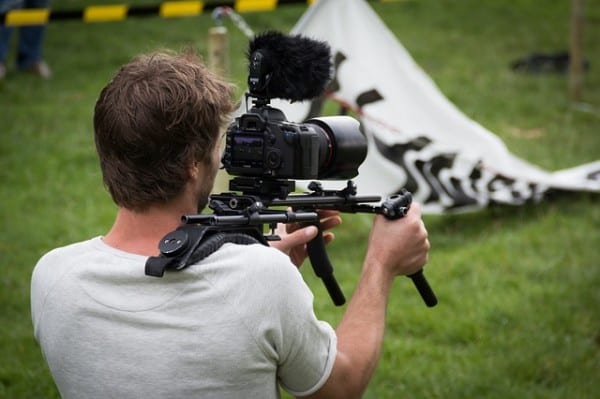
Photo by niekverlaan (courtesy of pixabay.com, CC0 1.0)
Rigorous thought inside the classroom does not hold all the answers or inspiration, so we carried our minds through the streets of Amsterdam, led by organizers Reinhilde Sotiria Köbug, Carola Lammers and Nathalie Roos, to vocal coach Marianne Selleger’s workshop: Opera for Beginners. Making our way through a long hall of various piled household items, her charming studio fostered a space for busy minds to meet their bodies as we exercised voicing the uniqueness of ourselves in harmony – there will be a video on the LOVA site to prove we were not so bad either.
Awkwardly flailing our arms at times, working together through movement, touch, and voice, a collective consciousness lined with giddiness massaged our bellies with laughter. Rejuvenated, it facilitated the intimacy needed for open and vigorous dialogues during this intense week of scholarly discussions.
Exploring outside the classroom didn’t end there. Evenings were busy visiting museums, the fjord, and picnicking. We even traveled to the local library to listen to a participant’s experimentation with unorthodox methods. Idwer Doosje’s’ musical composition was a translation of his theoretical thesis onto the piano. The possibilities for exploring ‘Art in Anthropology’ expanded as Eva-Maria van Straaten, musicologist and anthropologist, tuned our attention to the politicisation of musical humor. And in case you haven’t settled yet on the melody of your next composed thesis, maybe you can get inspired by the history of wax fabric and the development of African cultural patterns in fashion. Rhoda Woets took us through a critical discourse on fashion (“modern/western”) vs. dress (“traditional/collective”), exploring how fashion is an extension of the Self. We were encouraged to reflect on how social norms can teach wo[men] to consume while expressing individual taste and how consuming (dis)enables empowerment. Wait, wait, is your head getting full? Come to yoga, but not the individualized ‘get-your-own-space-and-mat-yoga’. No, this yoga involves utilizing space together, coexisting, engaging, moving from one side with breath, stretching out with the possibility of your fingertips brushing up against others, coexisting… Or why not join a workshop on Porn – videos included? “Can you think of a few words that we usually associate with porn?” Marije Janssen asked.
Excitement, taboo, stereotypes, empowerment, employment, hetero-normative, fetishes, performance… “What makes porn, porn and who determines what is/is not porn?”
Feminist anthropology, art, movement were the themes of the summer school. As researchers, as anthropologists, exploring the ‘gaze’, the ‘other’, we implement methodological approaches of reflectivity in attempt to bring forth what is being understood and why. A workshop on “selfies” seemed like an obvious place to start. What is it that we are trying to capture, a self-portrait? What is a self-portrait? Why do we discard some and keep others? And can we even seize what we are trying to capture? Who is that selfie for? And can taking a selfie ever be separated from an (imagined) Other?
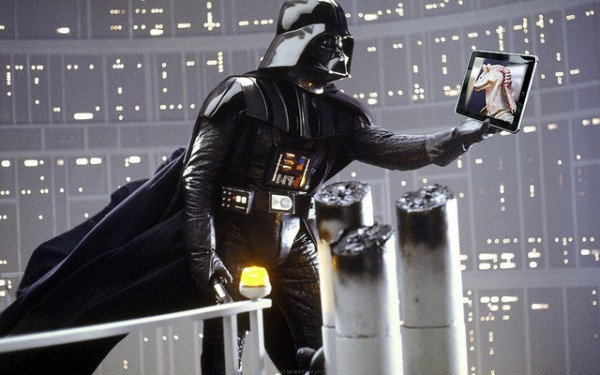
Photo by Christina Hendricks (flickr, CC BY-SA 2.0)
Now that we are encouraged to explore ourselves, to know ourselves, we understand it is a never-ending process; and process DOES matter in research.
We need space and time to process our scholarly obsessions as we grow as learners and researchers. This can not only take place on an individual scale but as Paul Mepschen advocated, time and process are necessary to explore ‘us’ as society.
In his workshop on ‘Migration, Nationalism & Sexuality in Western Europe’ he reminded us it is one thing for social systems to write in legislation, it is another for societies to take time to negotiate social ideas and concepts, to create and voice thoughts, and then to embed them in practices for equality, against discrimination, and toward acceptance. If art is reflexive and propositional at the same time, it is then essential to continue exploring art in anthropology. The LOVA summer school gave space (and time) to address how we blend disciplines, challenge modes of learning, and bring our curiosities to new spaces, through body and mind. And as we reflect on our own works of art/research, let Maria Hlavajova remind us that “art is (also) propaganda for its own time”.
*This text does not necessarily represent a chronological order of events. Please visit www.lovanetwork.nl for the full programme and detailed information on coming events.
Featured image by Manuka (courtesy of pixabay.com, CC0 1.0)

